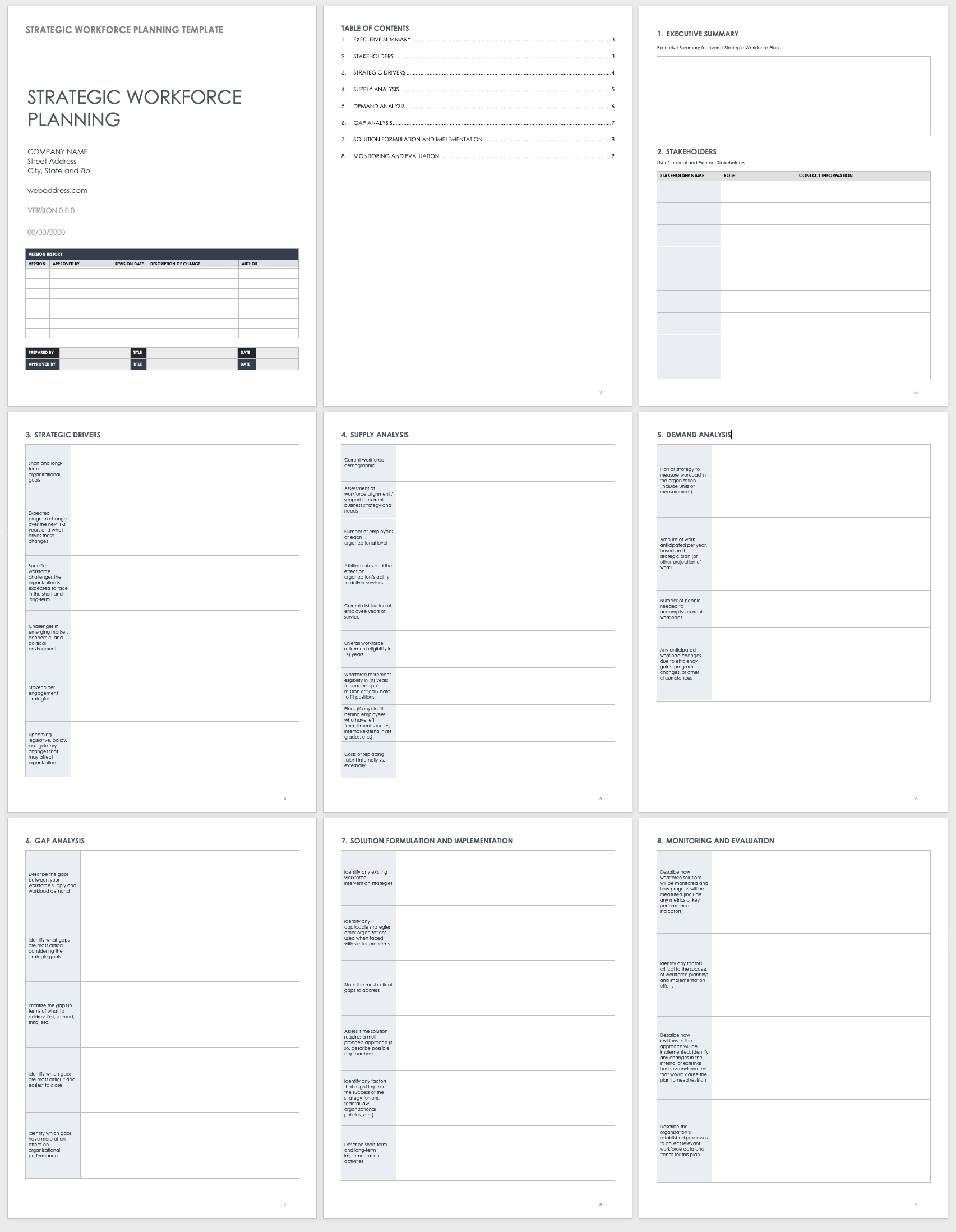Millions In Losses: Executive Office365 Inboxes Targeted In Major Data Breach

Table of Contents
The Scale and Impact of the Office365 Data Breach
The recent Office365 data breach affected hundreds of executives across various industries, including finance, technology, and healthcare. While the exact number of victims remains undisclosed for security reasons, sources suggest the breach impacted over 200 executives, leading to millions of dollars in financial losses. This executive email compromise resulted in significant revenue loss for many affected companies.
- Specific examples of financial losses: Lost business deals due to compromised negotiations, substantial legal fees associated with data breach investigations and potential litigation, and significant reputational damage affecting stock prices and investor confidence.
- Types of data stolen: The breach compromised a range of sensitive data, including financial records, intellectual property, strategic business plans, confidential client information, and merger and acquisition documents.
- Long-term consequences: Beyond the immediate financial losses, affected businesses face the long-term consequences of damaged trust, increased regulatory scrutiny, and the potential for future attacks exploiting the same vulnerabilities. Recovery from such breaches can take months, even years, impacting overall productivity and business continuity.
How the Breach Occurred: Tactics Used by Cybercriminals
The attackers employed a sophisticated multi-pronged approach, leveraging a combination of techniques to gain access to the executive Office365 accounts. This breach showcases how even robust security systems can be compromised by targeted attacks.
- Phishing techniques: The attackers primarily used spear-phishing emails, highly targeted messages designed to appear legitimate and lure recipients into revealing their login credentials or downloading malicious software. Whaling attacks, focusing specifically on high-profile executives, were also employed.
- Malware: Once access was gained, malware was likely deployed to maintain persistence, steal data, and potentially enable lateral movement within the organization's network. The exact type of malware remains unknown, but indications suggest sophisticated, custom-built tools were utilized.
- Social engineering: The success of the phishing attacks indicates the effective use of social engineering techniques. Attackers crafted convincing narratives tailored to each executive's specific role and context, increasing the likelihood of successful credential harvesting. Exploiting vulnerabilities in human psychology remains a cornerstone of many cyberattacks.
Protecting Your Executive Office365 Accounts: Prevention and Mitigation Strategies
Preventing similar Office365 data breaches requires a multi-layered approach that combines technological safeguards with robust security awareness training. Proactive steps are crucial to secure your Office365 accounts and protect against executive email compromise.
- Multi-factor authentication (MFA): Implementing MFA adds an extra layer of security, requiring users to provide multiple forms of authentication beyond just a password, significantly reducing the risk of unauthorized access. Consider using a combination of methods such as password, phone verification, and biometric authentication.
- Strong passwords and password management: Enforce strong, unique passwords for all accounts and encourage the use of password managers to streamline secure password management. Regular password changes are also recommended.
- Security awareness training: Invest in comprehensive security awareness training programs for all employees, educating them about phishing scams, malware, and social engineering tactics. Regular refresher courses are critical to maintain vigilance.
- Robust email security solutions: Implement email security gateways to filter out malicious emails and attachments, preventing phishing attacks from reaching inboxes.
- Regular software updates: Ensure all software and operating systems are regularly updated with the latest security patches to mitigate known vulnerabilities.
- Security audits and penetration testing: Conduct regular security audits and penetration testing to identify and address weaknesses in your organization’s security posture.
The Role of Human Error in Data Breaches
Human error remains a significant vulnerability in cybersecurity. Even the most robust technical defenses can be rendered useless if employees fall victim to social engineering tactics or make careless mistakes.
- Common human errors: Clicking on malicious links, downloading infected attachments, reusing passwords across multiple accounts, and failing to report suspicious activity.
- Security awareness training: Regular and engaging security awareness training sessions should simulate real-world scenarios, reinforcing good security practices and improving employee vigilance.
- Strong security policies and procedures: Clear and concise security policies and procedures, reinforced through regular communication, ensure consistent adherence to best practices.
Conclusion
The significant financial losses resulting from this Office365 executive data breach underscore the critical need for robust cybersecurity measures. Cybercriminals are constantly evolving their tactics, making it imperative for organizations to remain vigilant and adapt their security strategies accordingly. To prevent becoming a victim of a similar attack, organizations must prioritize the prevention of executive email compromise. This includes implementing multi-factor authentication, investing in robust email security solutions, and conducting comprehensive security awareness training. Secure your Office365 accounts proactively. Strengthen your cybersecurity defenses and prevent significant financial losses by assessing your current security posture and implementing the recommended preventative strategies today. For further guidance, consult resources on cybersecurity best practices from reputable sources like [link to NIST cybersecurity framework] and [link to a reputable cybersecurity firm].

Featured Posts
-
 American Manhunt Examining The Fall Of Al Qaedas Leader
May 18, 2025
American Manhunt Examining The Fall Of Al Qaedas Leader
May 18, 2025 -
 Amanda Bynes And The Spotlight Overcoming Adversity
May 18, 2025
Amanda Bynes And The Spotlight Overcoming Adversity
May 18, 2025 -
 Government Plans Early Prison Releases Amidst Wilders Protest
May 18, 2025
Government Plans Early Prison Releases Amidst Wilders Protest
May 18, 2025 -
 Retirement Planning Evaluating The Risks Of This New Investment
May 18, 2025
Retirement Planning Evaluating The Risks Of This New Investment
May 18, 2025 -
 2024 Mlk Day Survey Reveals Divided Public Sentiment
May 18, 2025
2024 Mlk Day Survey Reveals Divided Public Sentiment
May 18, 2025
Latest Posts
-
 Amanda Bynes Seen With Friend After Only Fans Launch
May 18, 2025
Amanda Bynes Seen With Friend After Only Fans Launch
May 18, 2025 -
 Amanda Bynes Steps Out New Only Fans Content Revealed
May 18, 2025
Amanda Bynes Steps Out New Only Fans Content Revealed
May 18, 2025 -
 Amanda Bynes Post Only Fans Public Appearance
May 18, 2025
Amanda Bynes Post Only Fans Public Appearance
May 18, 2025 -
 Amanda Bynes Only Fans A Look At Her Recent Public Appearance
May 18, 2025
Amanda Bynes Only Fans A Look At Her Recent Public Appearance
May 18, 2025 -
 Amanda Bynes Spotted After Joining Only Fans
May 18, 2025
Amanda Bynes Spotted After Joining Only Fans
May 18, 2025
